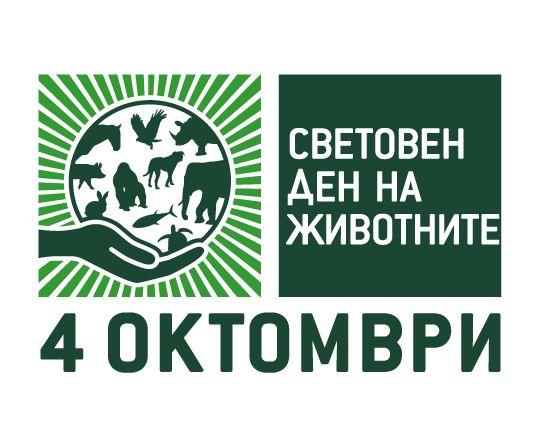Celebrating International Animal Protection Day on 4 October
04 Oct, 2023 | 11:18
Today is the International Animal Protection Day. Thousands of conservationists around the world and animal protection organizations celebrate this day on 4 October every year, drawing the attention of people around the world to the plight of our planet’s animal world. The decision to celebrate it was taken more than 90 years ago, in 1931, at the International Congress of the Movement for the Protection of Nature in Florence, Italy.
The aim of World Animal Day is to improve the treatment of animal species around the world by providing support to individuals, groups, and organizations for their welfare. The date was also chosen because of the Catholic feast dedicated to St. Francis, patron saint of nature and animals.
According to the UN Committee for the Protection of Animals, a number of species are becoming extinct every day because of poachers that seek profit. There are more than 40 000 endangered animal species in the world and the number is growing at an alarming rate. Unfortunately, few people realize the consequences of the irresponsible treatment of wildlife. By securing a comfortable existence, man has become the cause of death for a huge portion of the fauna.
The day unites the animal protection movement, making it a global force for change. Conservation organizations mark it with various events that aim to raise awareness of the specific problems of all animals everywhere. This day is an occasion to show our respect for animals by doing something special to honor their importance in the world. It also focuses on the principles of coexistence between humans and animals, the treatment of stray animals in urban settings and the education of children in humane behaviour towards animals.
In Bulgaria, the Animal Protection Act is in force since 2008. It establishes norms for the protection of animal life, health and well-being, the protection of animals from inhumane, cruel and particularly cruel treatment, and the provision of appropriate care and living conditions in accordance with their physiological and behavioural characteristics.
